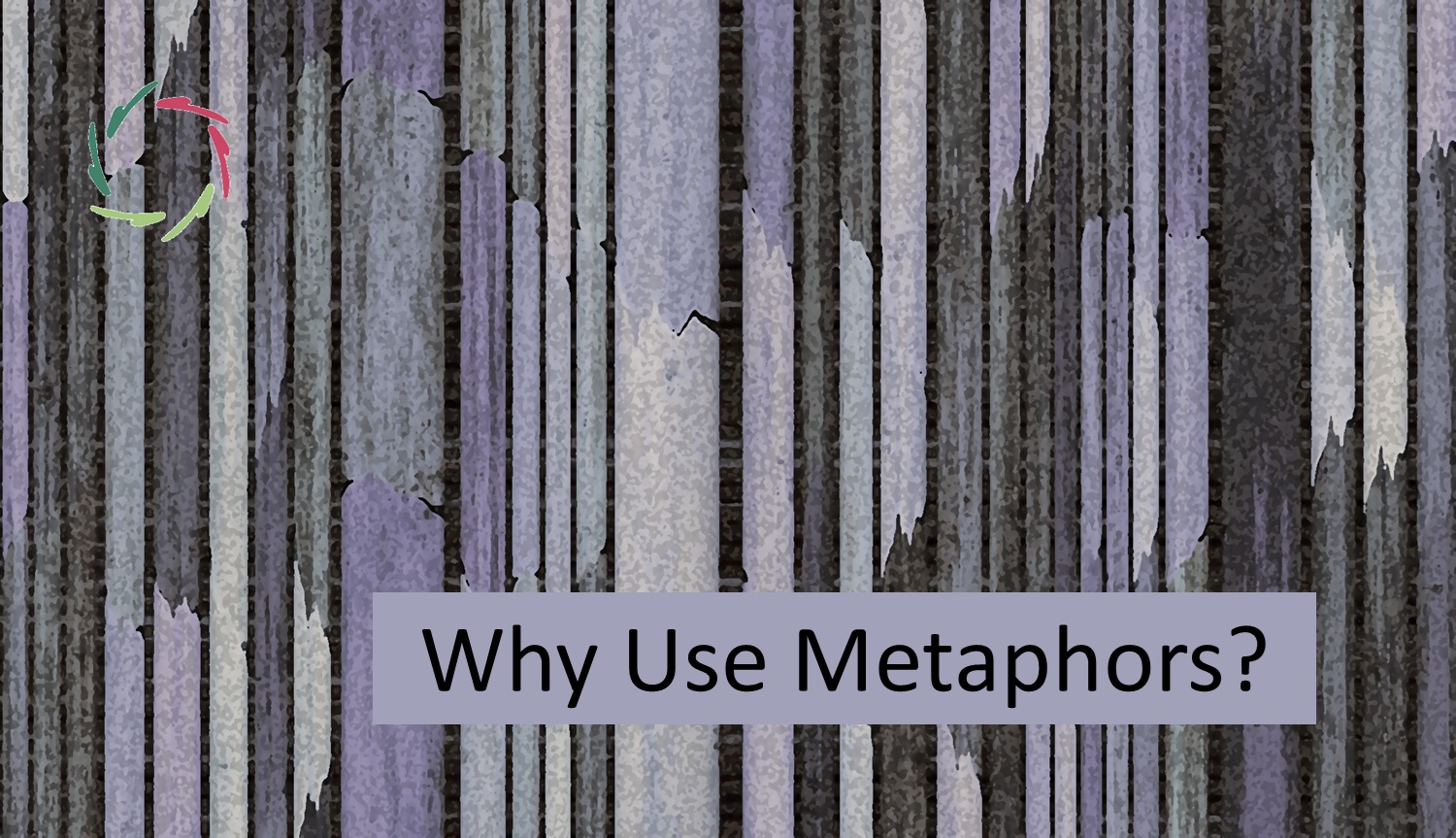True Meaning is Sacred

This blog is a contemplative journey, a guide to see sacredness as something one can cultivate within — a blend of rational clarity and deep personal meaning that’s always accessible and always evolving.
What is sacredness, really?
Many people think of the sacred as something external — religious symbols, rituals, or places revered by tradition. But at its heart, sacredness is an experience of profound meaning. It’s not something out there waiting to be proven or accepted. True sacredness lives within us in the way we find personal resonance with what feels deeply meaningful.
This understanding invites us to see sacredness as an internal quality, one that can exist without any external ritual or validation. To recognize this is to open ourselves to a sacredness that’s both deeply personal and profoundly universal.
Rationality and sacredness, often seen as opposites, become partners in this view, harmonizing as complementary forces that make the experience of meaning both clear and rich.
Sacredness, in this sense, is an experience of inner resonance.
See also ”Inner Resonance.”
Inner resonance is that feeling when something ‘rings true’ on a level that isn’t entirely logical but is undeniably real. It’s a silent yes that we feel deeply within us, as though we’re encountering a truth that needs no external validation.
This experience of resonance is where sacredness lives. It’s not something we project onto things or demand from others. Instead, sacredness is the response that arises within us when we encounter something that aligns with our deeper self. Each person’s experience of sacredness is unique, formed by this resonance rather than by rigid doctrines or external definitions.
This perspective opens up a vast, personal landscape where sacredness is not something granted by an outside authority but is instead the unique, inner echo of meaning.
What if sacredness isn’t limited to specific times, places, or rituals?
What if it’s woven into the fabric of our daily lives, waiting quietly in the smallest moments? The ‘invisible sacred’ refers to this subtle yet powerful sense of meaning that’s present everywhere, if only we’re open to noticing it.
Imagine finding sacredness in the warmth of a morning sun, a heartfelt conversation, or the stillness of the evening. Everyday life becomes filled with sacred moments when we allow ourselves to see them as such. In practicing this mindful reverence, we start to experience life itself as a kind of sacred space. This simple shift of perception can transform our days, helping us to see that meaning isn’t something we must seek out; it’s already here, present in each moment.
At first glance, rationality and sacredness seem at odds.
One is focused on logic, the other on mystery. Yet, when we approach the sacred with rational integrity, we find that these two forces can enrich one another. Rationality provides clarity, helping us avoid superstition or blind belief, while sacredness brings warmth, depth, and purpose to our rational understanding.
In this balance lies a beautiful form of wisdom: rationality prevents sacredness from becoming dogmatic, and sacredness keeps rationality from becoming cold or detached. Together, they create what could be called a ‘rational reverence’ — a respect for life’s mysteries that invites both curiosity and clarity. We can honor the unknown without needing absolute answers, allowing sacredness to exist within a framework that is both intellectually honest and deeply fulfilling.
One of the biggest barriers to experiencing sacredness within ourselves is projection.
This is the tendency to assign our hopes, fears, and ideals onto external objects or people. When we project sacredness outward, we begin to think of it as something that exists outside us, something to be defended, guarded, or even imposed on others.
By recognizing our projections, we can begin to reclaim sacredness as an inner experience rather than something we require from the world around us. This inner sacredness doesn’t need external approval or protection. It frees us from the need to control or judge others for their beliefs, allowing us to experience the sacred as a deeply personal journey.
This process of reclaiming sacredness as an internal experience can lead to a life filled with peace, acceptance, and openness.
Sacredness, like meaning, is not static.
It grows and evolves with us, deepening as we open ourselves to new experiences and insights. In this sense, sacredness is a dynamic, living process, one that reflects our ongoing journey toward inner depth and rational understanding.
As we cultivate this inner sacredness, we find that it aligns naturally with a rational perspective. The more we allow sacredness to evolve, the less we feel bound by fixed beliefs, and the more we’re able to approach life with both depth and clarity. This dynamic sacredness becomes a path of growth where rationality and meaning work together, fostering a sense of inner balance and fulfillment.
A truly sacred life doesn’t need grand rituals or fixed doctrines.
It’s about finding meaning in the ordinary, cultivating a rational reverence, and allowing sacredness to be a part of our personal growth. This sacredness is not something we achieve once and for all; it’s a journey, a way of living that invites us to be fully present and fully ourselves.
In this view, sacredness becomes a profound invitation to experience life with both wisdom and wonder. It’s the quiet, steady heartbeat of a life well-lived, guided by an inner resonance that is uniquely our own, finding possible meaning in every moment.
Such a life is both deeply rational and richly meaningful.


